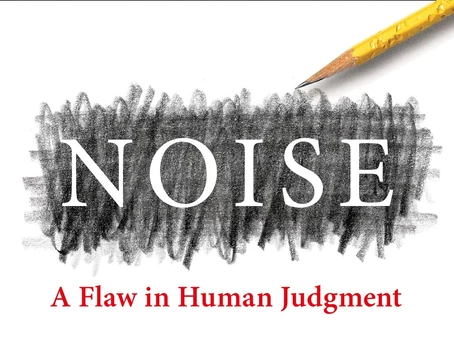Retraction Watch recently interviewed Jonathan Wren, who found that almost 1.5% of published studies have calculation errors that changed the results’ significance. While this may seem like a (surprisingly?) small error rate, they are arguably the easiest to correct. A scientific paper typically undergoes many revisions by its authors, and external reviews by editors and peers, so how often do you think that complex problems get through? How can we fix this? • Open Methods sections to peer review and incorporate changes into automatic re-analysis of the data. • Include a description of how conclusions are drawn from results, in the Methods section of the papers so that the Conclusions section can be automatically updated too. Changes to the results (due to e.g. additional data, correction to the analysis) would update the conclusion without the need to repeat the peer review process. Retracting papers containing innocent mistakes is better than leaving erroneous results in the public domain. It is also wasteful practice compared to correcting the calculation in an automatic update of the study.
Will scientific error checkers become as ubiquitous as spell-checkers?







Leave a Reply
Comments, questions or queries? Let us know!"